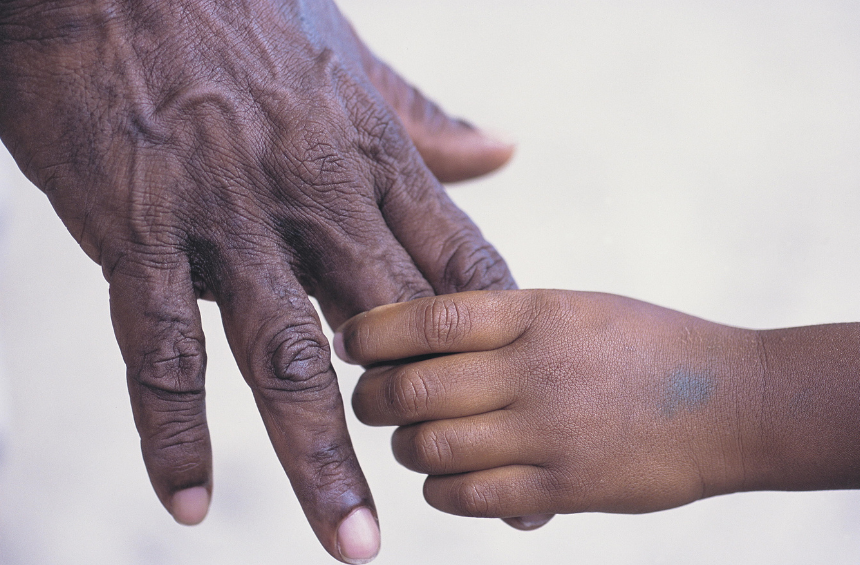The journey of incarceration not only affects the individuals behind bars but also has a profound impact on their loved ones. When prisoners reenter society, they often face numerous challenges in rebuilding their lives and reconnecting with their families. The process of prisoner reentry can strain family dynamics, leading to emotional, financial, and social difficulties. In this blog, we will explore the effects of incarceration on family dynamics and the challenges faced by both prisoners and their loved ones during the reentry process. We will also discuss strategies for rebuilding relationships and strengthening familial support networks.
The Effects of Incarceration on Family Dynamics
The incarceration of a family member can disrupt the stability of a household and have far-reaching consequences for everyone involved. Families experience a wide range of emotions, including grief, shame, and anger, as they grapple with the realities of their loved one being incarcerated. The absence of a family member can result in financial strain, as the loss of income often places additional burdens on the remaining family members.
Children, in particular, bear the brunt of the impact. They may experience feelings of abandonment, confusion, and a sense of loss. The absence of a parent can hinder their emotional and psychological development, leading to a higher risk of behavioral issues, academic difficulties, and even future involvement with the criminal justice system. The strain on the primary caregiver can also lead to increased stress and diminished well-being, further exacerbating the challenges faced by the family.
So well said… pic.twitter.com/ZTci3gzJUE
— FOTi (Families of the Incarcerated) (@FOTi_Families) October 6, 2019
Challenges Faced by Prisoners and Their Loved Ones during Reentry
The process of reentry can be overwhelming for both prisoners and their loved ones. Prisoners face significant barriers when trying to reintegrate into society, such as finding stable employment, securing housing, and overcoming the stigma associated with a criminal record. These obstacles often contribute to high rates of recidivism, as individuals struggle to find their footing and establish a new life.
For loved ones, the challenges lie in adjusting to the presence of the formerly incarcerated family member. Rebuilding trust can be a lengthy and complicated process, as both parties navigate feelings of resentment, fear, and uncertainty. The stigma associated with incarceration may also lead to social isolation, making it difficult for family members to seek support or discuss their experiences openly.
Strategies for Rebuilding Relationships and Strengthening Support Networks
Rebuilding relationships and creating a strong support network is crucial for successful prisoner reentry and family reunification. Here are some strategies that can help:
- Open and Honest Communication: Effective communication is essential in rebuilding trust and understanding. Encourage open discussions, allowing all family members to express their emotions, concerns, and expectations. Establishing clear and realistic goals can foster a sense of unity and direction.
- Seek Counseling and Support: Professional counseling can provide a safe space for family members to work through their emotions and develop healthy coping strategies. Support groups and community organizations specializing in prisoner reentry can also offer valuable resources, guidance, and a sense of belonging.
- Education and Skill Development: Encourage prisoners to participate in educational and vocational programs while incarcerated to enhance their chances of securing employment upon release. Loved ones can also seek educational opportunities to improve their financial literacy, parenting skills, and overall well-being.
- Patience and Understanding: The process of reentry is often filled with setbacks and challenges. Patience and understanding are crucial during this time. It’s essential to remember that rebuilding relationships takes time, and setbacks should be viewed as opportunities for growth rather than reasons to give up.
- Advocacy and Policy Reform: Engage in advocacy efforts aimed at promoting policies that support successful prisoner reentry and address the systemic issues contributing to mass incarceration. By raising awareness and advocating for change, we can create a more inclusive and supportive society.
The Impact on Loved Ones

The impact of prisoner reentry on families cannot be understated. The challenges faced by both prisoners and their loved ones during this process can strain relationships and lead to emotional, financial, and social difficulties. However, with open communication, support networks, education, patience, and advocacy, families can rebuild and strengthen their bonds. By recognizing the importance of familial support in successful reentry, we can work towards creating a more compassionate and supportive society for all individuals and families affected by incarceration.
To read more stories of hope and transformation, come back every week at www.getfreeandstayfree.com and follow us on social media by clicking on the icons below!




